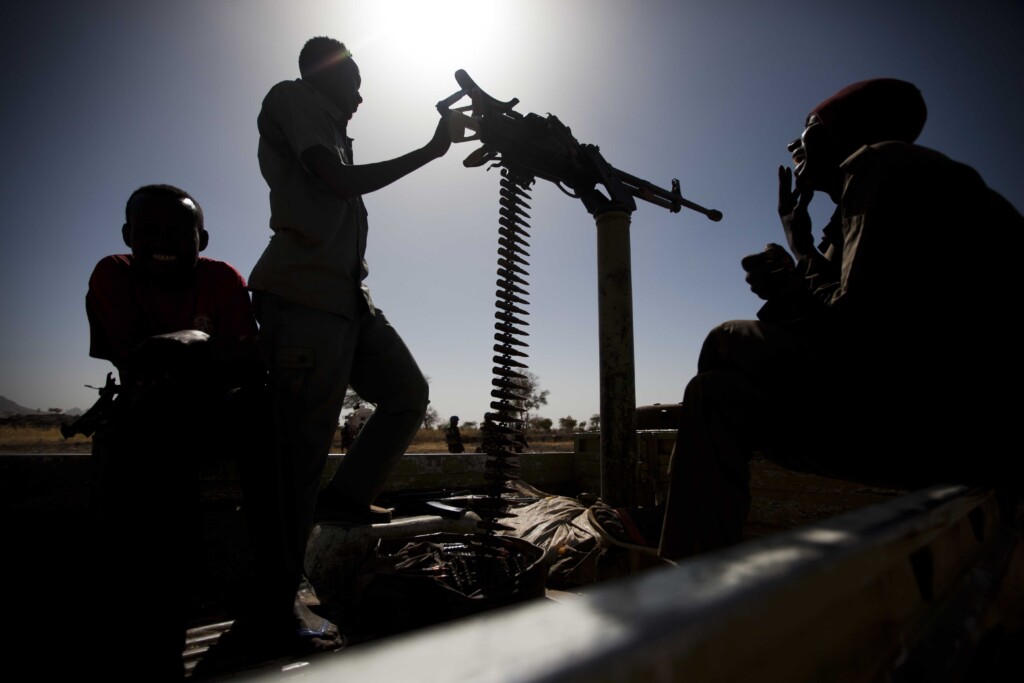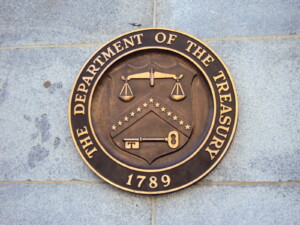Military spending through the roof whilst Sudanese economy grinds to a halt

Combatants in Sudan on a vehicle mounted with a 'dushka' .50-cal machinegun (File photo: Albert Gonzalez Farran / UNAMID)
KHARTOUM – July 4, 2023
Siddig El Sadig El Mahdi, leading member of the National Umma Party (NUP), has warned of the economic impact of the ongoing war in Sudan and said that the daily military spending currently amounts to half a billion dollars per day whilst the number of Sudanese in need of food aid has nearly doubled.
Speaking on Twitter, El Mahdi warned of the growing food gap as a result of the war between the army and the Rapid Support Forces (RSF).
The current agricultural season is also likely to fail due to the war, which affects 40 per cent of the population, increases the food gap, and causes farmers to leave the production cycle altogether, he said.
The number of people in need of food aid in Sudan has risen from 15 million people before the war to 24 million now, he warned.
At the same time, daily military spending currently amounts to half a billion dollars per day and the monthly cost is estimated at more than 10 billion dollars, according to El Mahdi.
Whilst military spending has increased tremendously, goods are becoming more and more scarce. Paired with the high cost of living, commodity prices could increase by another 300 to 400 per cent.
‘Whilst military spending has increased tremendously, goods are becoming more and more scarce’
The economic effects of the war are also seen in the destruction of infrastructure, the destruction of the industrial sector, the contraction of economic growth, and the loss of jobs, on top of the looting of banks, the cessation of essential services, and problems with financing.
These all reduce the purchasing power of Sudanese and make them even more vulnerable.
He called for an immediate end to the war and warned of the possibility of a widespread civil war.
Foreign trade
The politician explained that the war leads to the loss of foreign investment opportunities, capital flight, and the migration of human resources.
Sudan’s closest neighbours are resorting to other alternatives for exports and imports, including South Sudan’s oil.
The peanut market will be impacted globally due to the disruption of peanut production in South and West Darfur as a result of the war.
Sudanese pound
The Sudanese pound has stabilised against the dollar despite the ongoing war.
Economist Hatem Fathi told Radio Dabanga however, that the current exchange rate does not give a realistic indication due to the instability of the economic situation.
The current price “reflects the interests of some traders who benefit from transfers” whereas many transfers through international banks have ceased due to the instability of the security situation and the fact that most banks are closed.
“It is not reasonable to assume that the pound can retain its value in light of the continuation of the war for the 80th day.”
Exports and imports are not functioning as efficiently as before the outbreak of the war, which greatly affects the exchange rate.
“Khartoum was the economic influencer and is now considered the main centre of the war, which could lead to a complete halt to the economy.”
Economic analyst Khaled El Taher told Radio Dabanga that supply and demand balances currently control the stability of the pound’s value.
The lack of supply of the Sudanese pound, with most banks closed and many digital platforms out of service, combined with the increase in demand for daily needs means that prices cannot go up endlessly.
Nevertheless, he warned about the negative impacts of the cash shortages, frequent disruptions in banking applications, and looting of banks in war zones.









 and then
and then